








Looking to develop a broad skill set to make a positive contribution with your career? For that, economics adds up
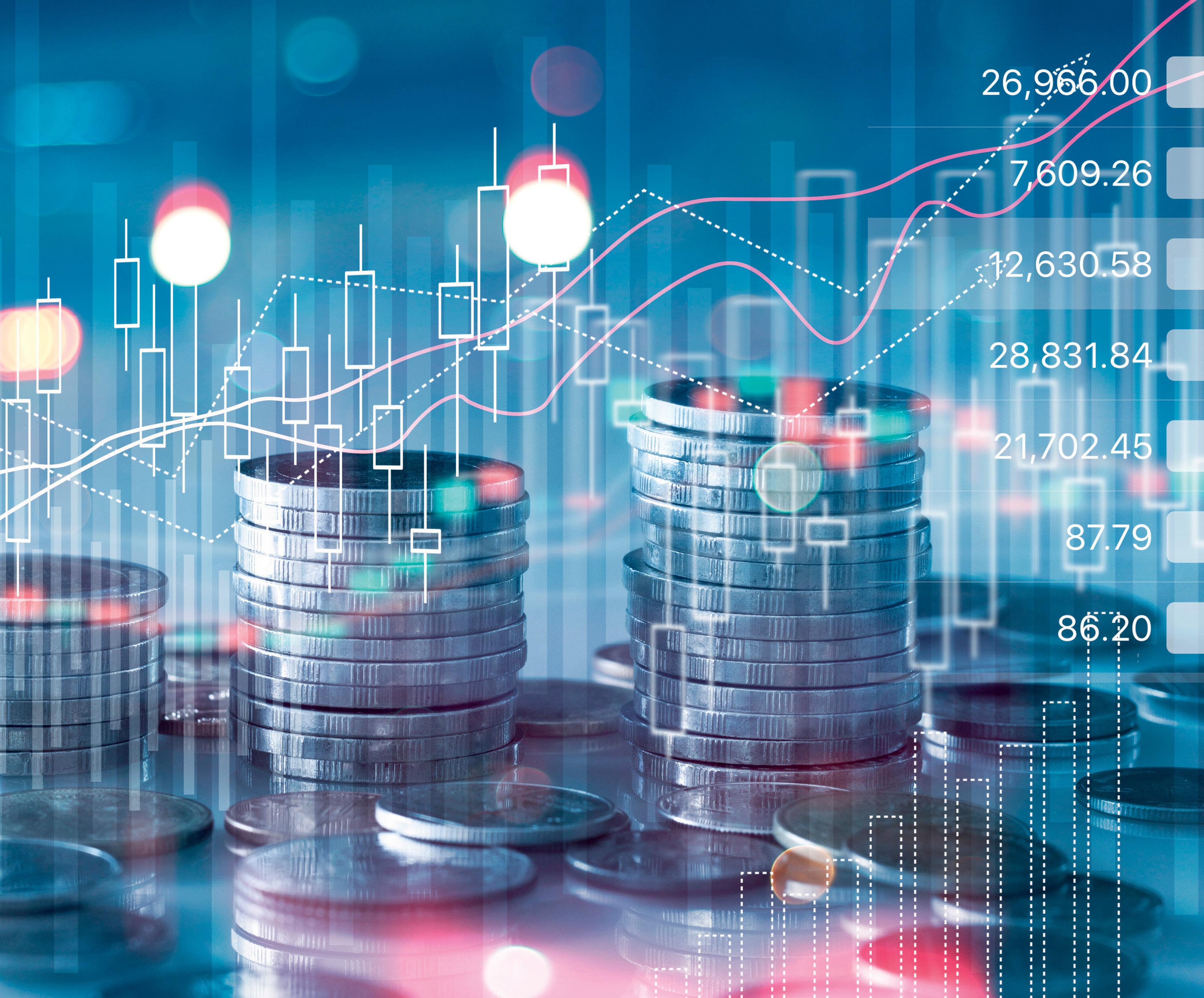
Michele began at the RBA as an intern in 1984, working her way through the ranks to her historic appointment in 2022 as the first femaleGovernor.Deputy
My family moved from Melbourne to Armidale when I was about nine years old, so I spent my formative years there and attended the local public high school. I was accepted into medicine at UNSW, but was only 17 and had a sense that this wasn’t the career path for me. My dad suggested I speak with a few people about the university’s economics course, because I had enjoyed the subject at school.
I found economics interesting; it was useful in day-to-day life and topical, and it had a quantitative element, which suited me because I was quite good at maths. At the time, I wasn’t sure where it would lead, but the public service was certainly something that called me.
Economics is hard to define as it involves such a broad range of skills and elements. In essence, it’s about the decisions that people, businesses and governments make on a daily basis – so it’s relevant to all of us. We as individuals and as a society have to decide how to allocate the resources we have (which are, of course, limited) to meet our needs and wants.
I joined the Reserve Bank of Australia (RBA) as an intern in my honours year. I enjoyed the fact that I was doing something to help Australians – through the work we do and decisions we make, we aim to benefit the welfare of the Australian people.
The RBA is a great environment for inquiry and challenge, and there are lots of different things you can do here. I started in the economics departments and moved to financial markets, but I also spent time in the operational areas of note printing, banking and payments, and I have been involved in the payments policy side. Studying economics has offered a great breadth of things for me to contribute to and it has all been in the public interest, which works for me.
I always wanted to make a positive contribution and felt, as I moved up through the organisation, that I was doing so. I believe that if opportunities present themselves, you should ‘have a crack’. For me, it has always been about new experiences and enjoying what I’m doing – and part of that is not being afraid to take a step towards somewhere different. One of the great benefits of studying economics is the wide variety of opportunities it opens up. It develops a truly broad set of skills – problem-solving, critical thinking, analysis, communication – that are highly valued in the workplace and which can be applied to many different projects, roles and industries.
Michele Bullock Deputy Governor, Reserve Bank of Australia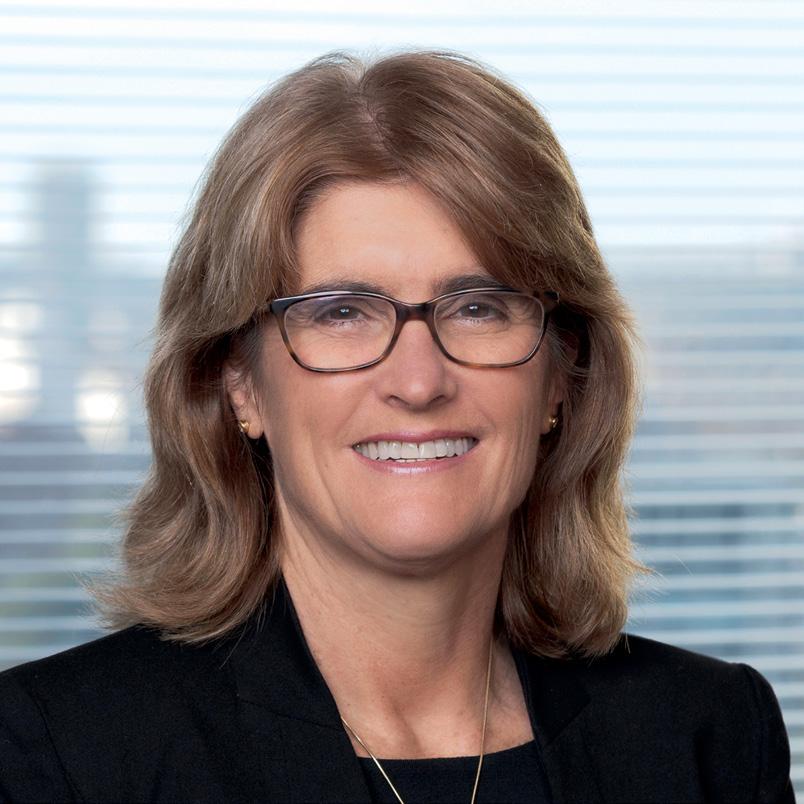
One of the great benefits of studying economics is the wide variety of opportunities it opens up”
Economics is all about how we use our limited resources (everything from food to energy and minerals) to meet our needs and wants. It helps us understand how the choices we make can affect the world around us, from our own personal finances to global politics and society. Thinking about a career in this crucial field or just curious to know more? Here are some of the key concepts that you’ve probably heard in the news and media. –
Gemma Chilton!These special banks are in charge of setting ‘monetary policy’ for a country – typically through deciding on the level of a policy interest rate that affects other interest rates in the economy. In Australia, the Reserve Bank of Australia (RBA) is our central bank and our policy interest rate is called the ‘cash rate’.
It’s useful to stop and think about what money really is, because it’s more than just bits of metal and paper! We use money to pay for things. This works because money provides a way to quote prices, it stores value and we all agree to accept it.
Ever noticed the cost of your favourite snack creeping up? That’s because of inflation, which is when prices for goods and services go up over time. When inflation is low and steady, households and businesses can plan for the future. But if inflation gets too high, it can cause problems – for example, it makes it harder for people to buy the things they need and for businesses to plan investments for the future.
This is the word we use when talking about how many people have jobs.
When people or businesses borrow money – if they want to buy a house, for example – banks charge them a percentage of the amount they borrowed on top of their normal repayments. That’s called interest. The RBA influences interest rates in the economy by raising or lowering the ‘cash rate’, which is how much interest banks themselves pay when they borrow from each other or the central bank.
When people are willing and able to work, but do not have a paid job, they are unemployed. When unemployment is high, it means there are fewer people with jobs and so, overall, people have less money to spend. That means businesses may have a harder time selling their products, slowing down the wider economy.
When the RBA wants to lower inflation, it might decide to raise the cash rate, making it more expensive for banks to borrow money, leading banks to (typically) charge their customers higher interest rates. This can help to reduce inflation because if there’s a decline in demand for goods and services (because people are busy paying off their loans!), then companies won’t be able to increase their prices as much, all else equal.
On the other hand, the RBA might decide to lower the cash rate, making it cheaper for banks to borrow money, and allowing them to offer lower interest rates. This means people and businesses have more money left over to spend and invest, which can create more jobs and stimulate economic growth.
Jacob Harris once dreamed of becoming a doctor, until he discovered economics. Find out what his cool job as an economist at Australia’s central bank is all about
Afterfinishing school, Jacob enrolled in a Bachelor of Economics at the University of Sydney. While still at uni, he found out about the RBA’s two-year grad program, where fresh grads work across several departments, applying their skills to a real-world policy environment.

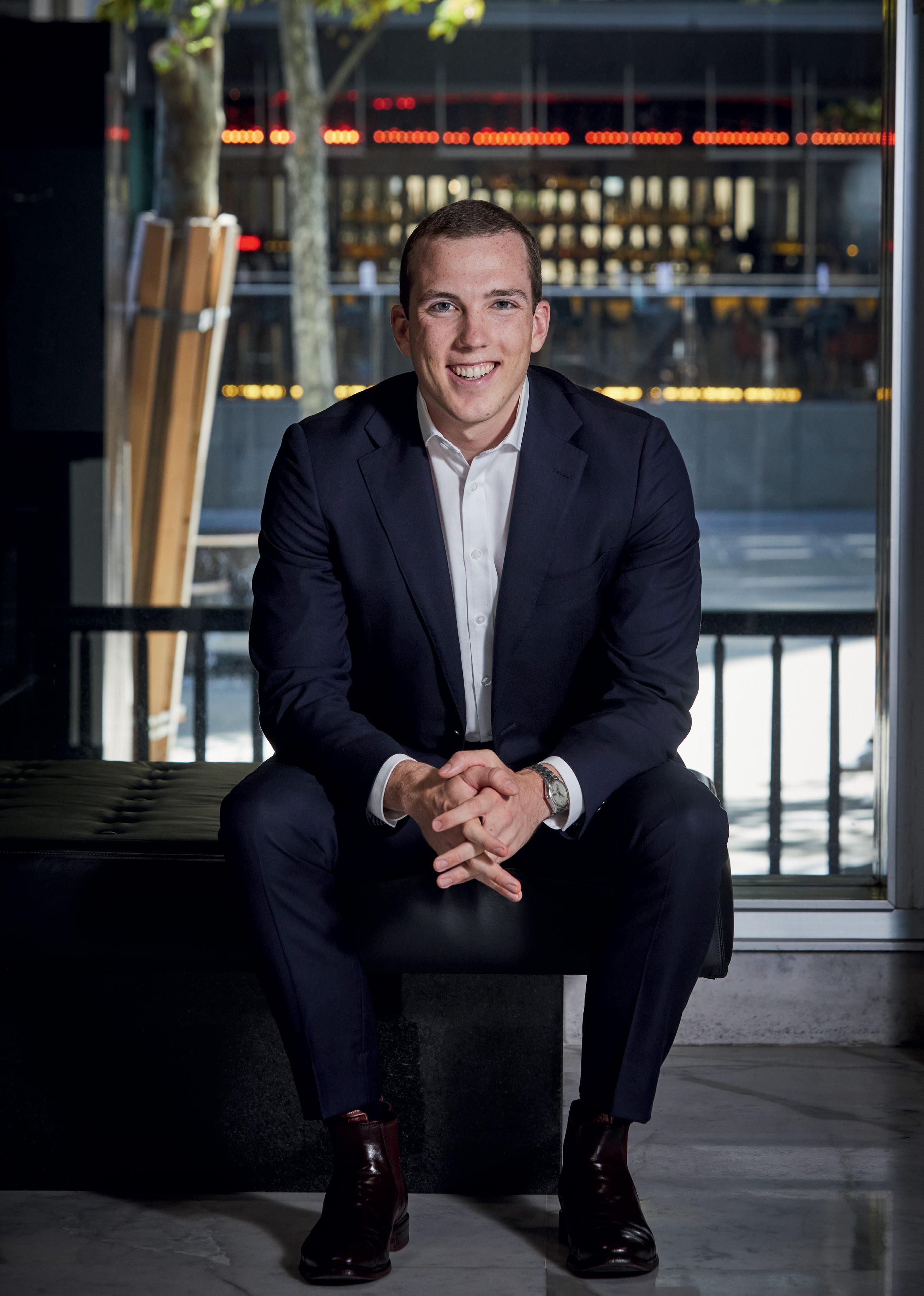
“I was encouraged to apply, but I was realistic about my chances,” Jacob says. “I had no relevant work experience and a whole honours year left of my degree.”
Not only did he land the gig, he has continued on at the RBA full-time. Now, Jacob works as an analyst, writing reports about the dollar and analysing the exchange rate.
“It’s very cool to be writing about the Australian dollar while people around me are actively trading it, and to watch in real time as major pieces of economic news unfold in markets,” he says.
– Gemma ChiltonJacob describes an average day in his job:
7am Write a briefing on overnight movements in financial markets, which feeds into the daily briefing for the Governors later that morning! I’m rostered to do this once a week and it’s a great way to start my day because it gets me up to speed on all the market news early on.
8am Send off my briefing and get coffee with my co-workers.
9am Prepare a short presentation for my department on the Aussie dollar, which is the first step in deciding what to include in the next monthly board paper.
11am I spend the rest of the morning chipping away at an internal note I’ve been writing.
12pm I break for lunch and go for a walk with a friend.
1pm My manager asks me to update one of our Aussie dollar models to take into account a big move in commodity prices over recent days.
3pm I spend the rest of the afternoon working on my note before finishing a little early due to the morning briefing.
4.30pm After work I go to the pool for a few laps with some friends and then head home for the night.
Bachelor of economics (economics and physics), university of sydney analyst, reserve bank of australiait’s cool to be writing about the australian dollar while people around me actively trade it”LAUREN TROMPP
Meet four economists using their skills to build a brighter, more sustainable future
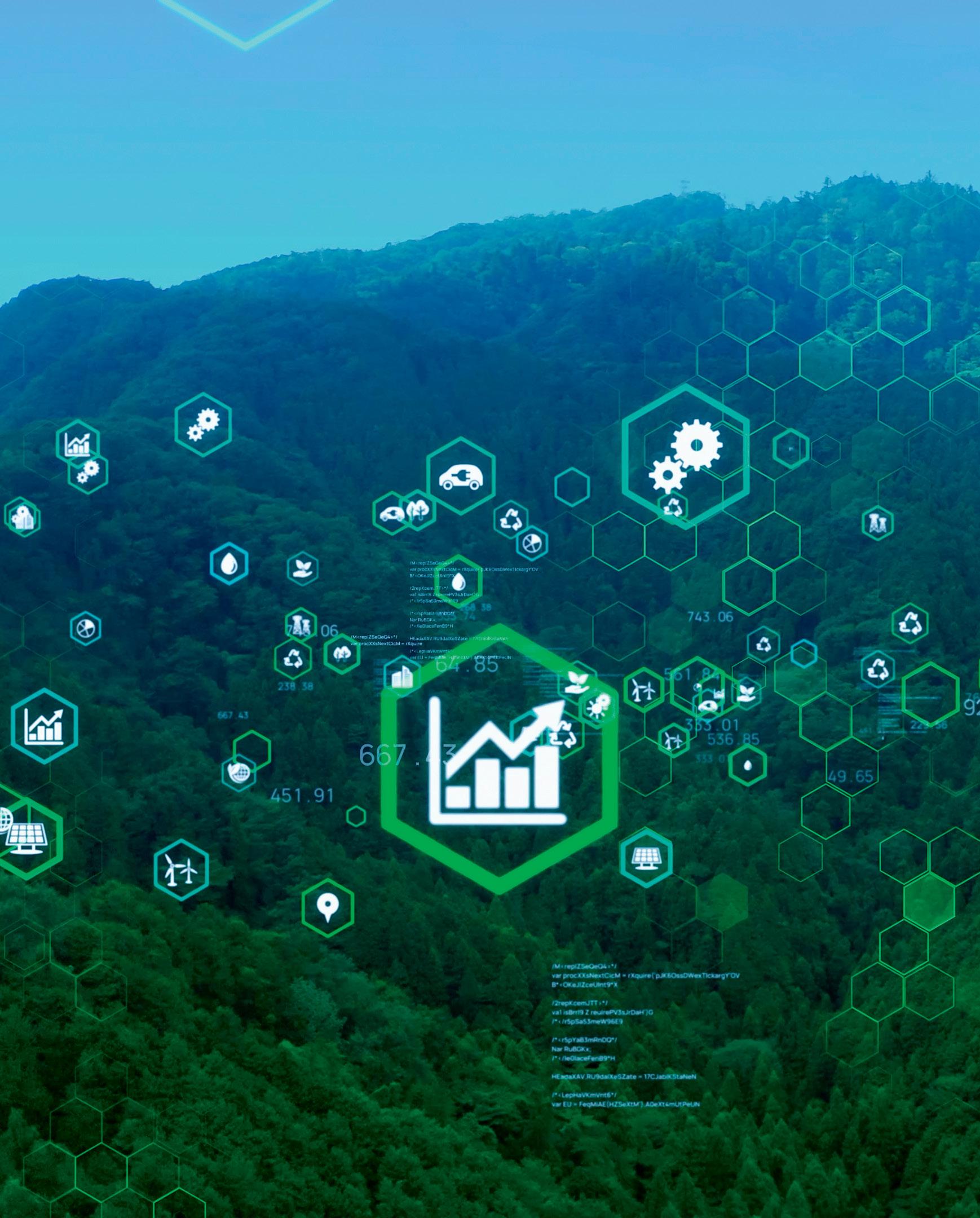
Economics is important in the fight against climate change because it helps us make informed decisions about how we use resources. By studying economics, you can learn how to balance the needs of people, businesses and the environment to create a sustainable future. So, if you’re passionate about saving the planet, this could be the career for you!
– Amy Russell#1
Faye sees climate change as the number one issue impacting our generation, and it’s part of her job at the Reserve Bank of Australia (RBA) to try to work out how climate change might impact our economy.
“I’m part of a community of economists conducting research around how we can manage climate risks and influence policy,” she explains.
Faye became interested in the environment and economics during the global financial crisis.
She studied a Bachelor of Laws / Economics (Honours) at the University of Sydney and was initially interested in a legal career, but soon gravitated towards the economics side of her degree.
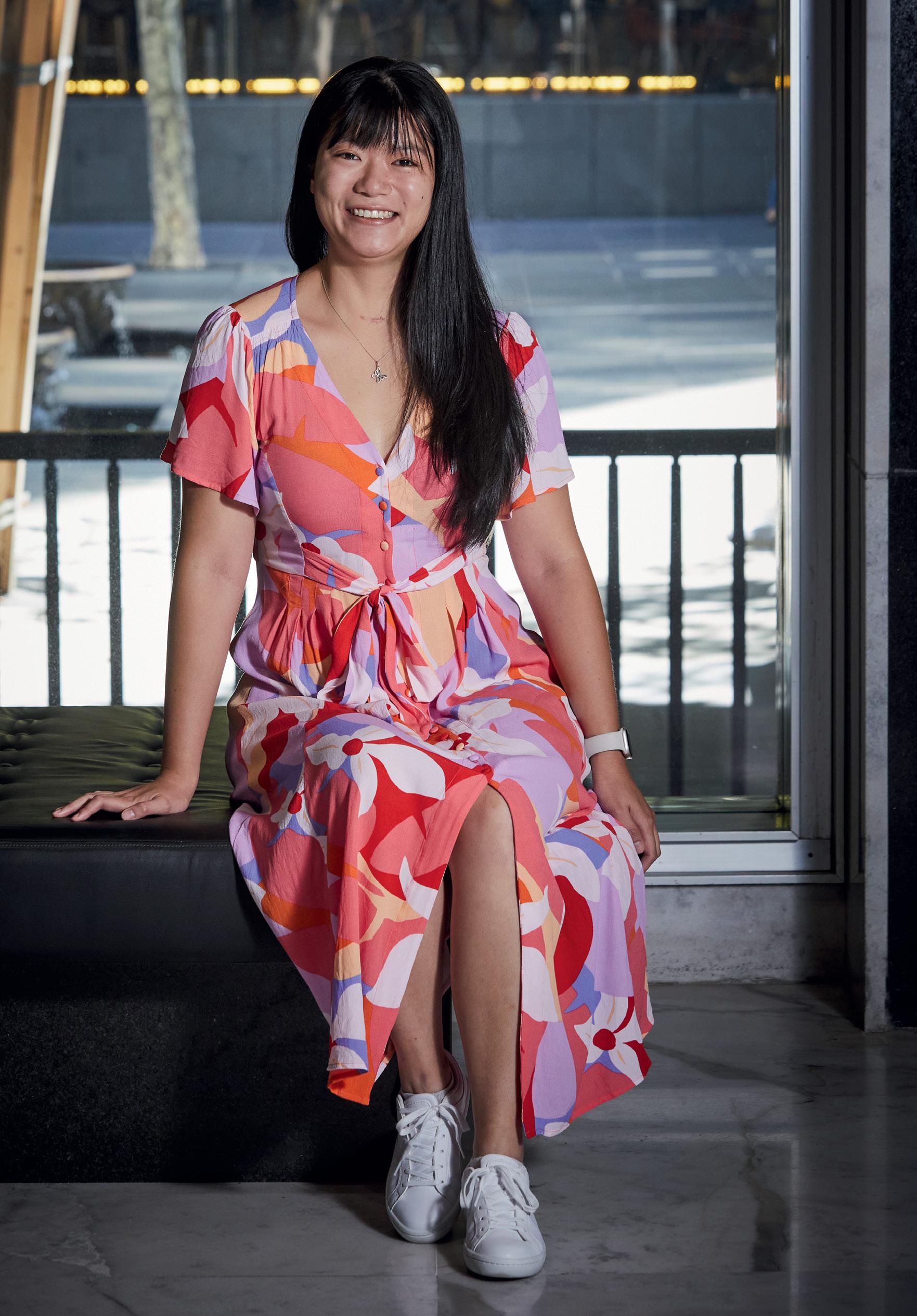
“I discovered it was less about numbers and more about people and social impact,” she says.
Encouraged by a uni lecturer to apply for the RBA graduate program, Faye has since built a successful career working across several different departments.
“My own economics skills in forecasting and scenario modelling have been really useful in trying to quantify what climate change means for the economy,” she says. “I make projections about what might happen if we do nothing, versus if we act to address the issue.”
Faye loves how diverse her role at the RBA is, with the opportunity to tune in to policy debates and participate in policy discussion forums.
“It is both challenging and exciting to be given the opportunity to speak up in front of senior staff and influence policy-making decisions,” she says.
After studying a double degree in environmental engineering and finance, Justin says he slowly became “more and more curious about the economic drivers of the energy transition to renewable energy”, and so decided to follow up his degree with a Master of Economics.
Now, Justin is an energy economist with the Commonwealth Department of Climate Change, Energy, the Environment and Water. His job involves thinking about the future of Australia’s energy system and helping determine the steps we can take today to transition to a greener energy future.

His team uses mathematical models to represent the electricity and gas networks that transport energy around the country. These models can inform us about the future – for example, how Australia can generate more electricity from solar and wind power while also ensuring we have a reliable energy supply.
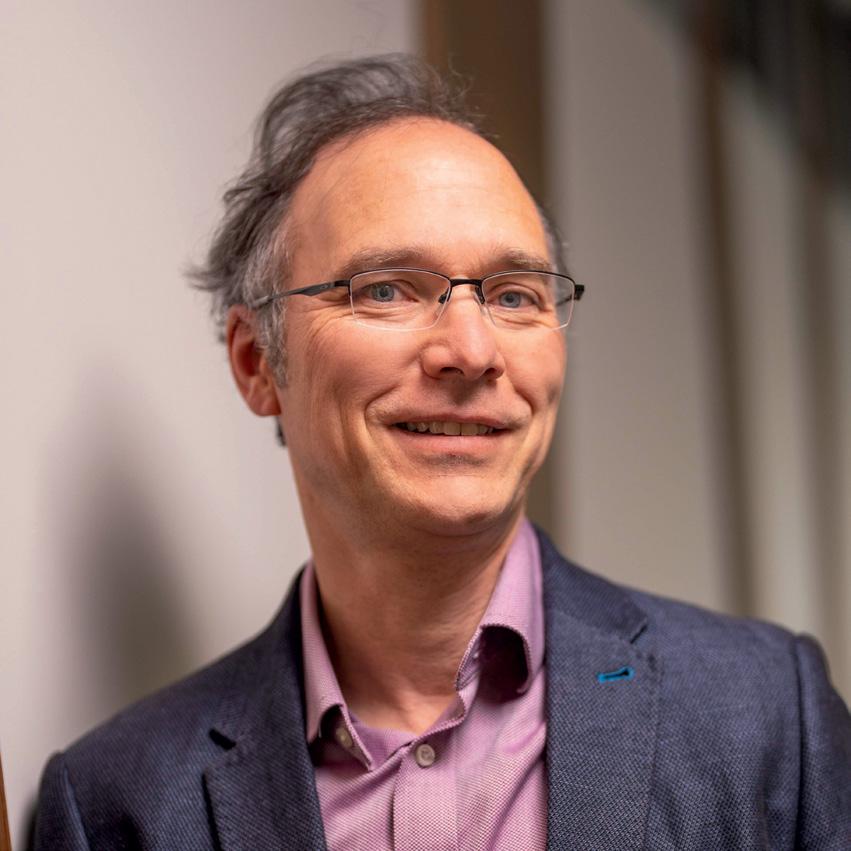
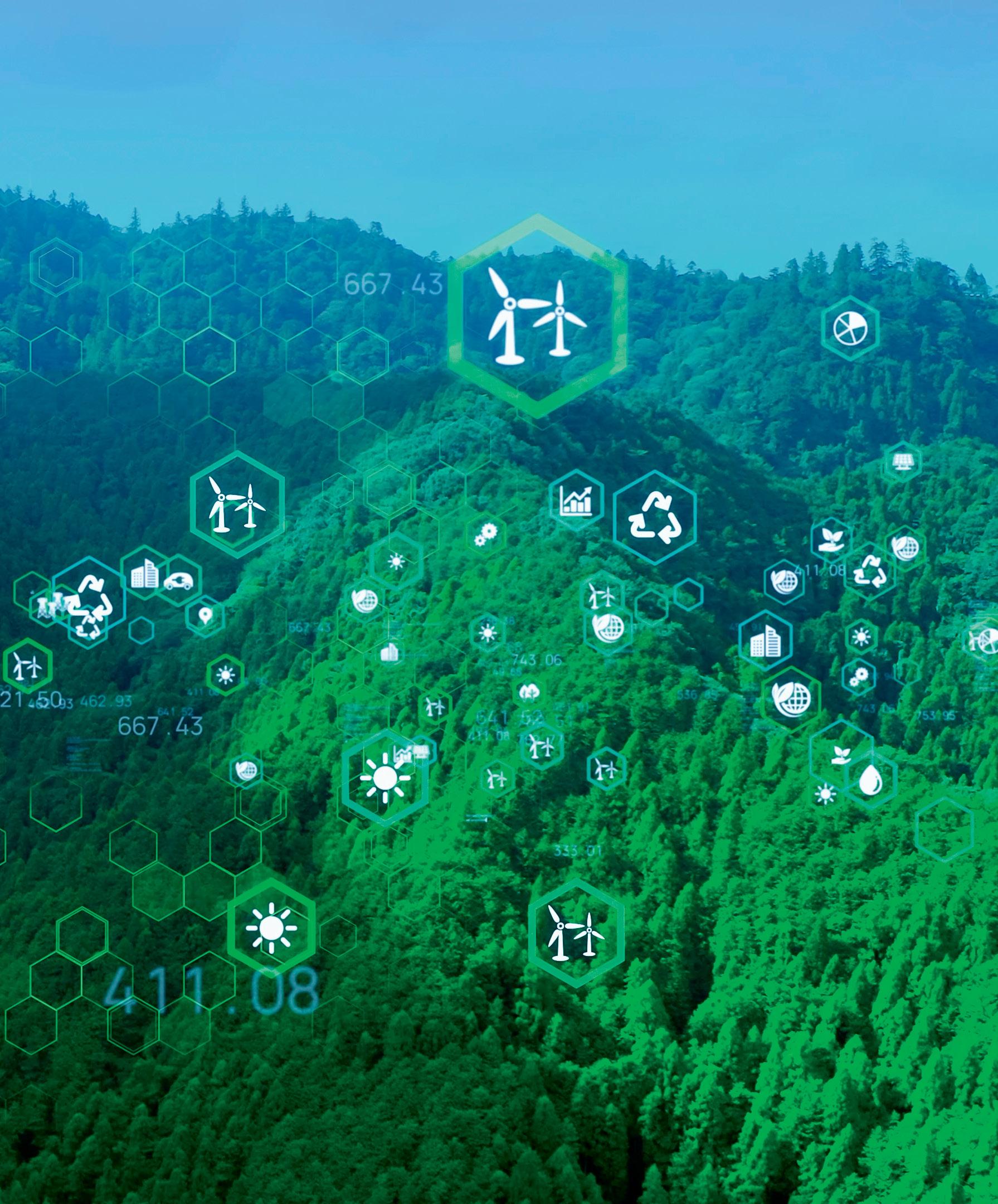
Bachelor of Environmental Engineering / Finance, University of Western Australia
Quantitative
#3
Environmental
Master of Economics, University of Amsterdam, Netherlands
Energy
Asa professor in environmental and climate change economics, Frank is helping to train the next generation to deal with climate change. Frank also does research that helps Australia — and the world — understand the economic opportunities in moving to net-zero greenhouse gas emissions, and to find ways to deal with the challenges of that transition.
“The best part of my job is that I get to work with people who are smart and passionate about helping make a positive difference in the world,” he says.
#4
advises governments and businesses on climate and energy policy
Apassion for the environment led Sarah to a Bachelor of Economics with an Honours year focused on environmental economics. Her thesis was on the potential impacts of carbon pricing on the forestry sector.
Today, Sarah works as an economist for a company called Sapere, focusing on assigning economic value to the environment “which can’t speak for itself”, and finding cost-effective solutions to public policy or business challenges. Her aim is to minimise negative impact to the environment – and, where possible, improve environmental outcomes.
Sarah says environmental economics is a great choice because it’s still a relatively uncommon career path, even though it’s a growth area. “It is always evolving, interesting and satisfying, and you can make a real difference.”
Bachelor
Graduate economist, Victorian Department of Treasury and Finance
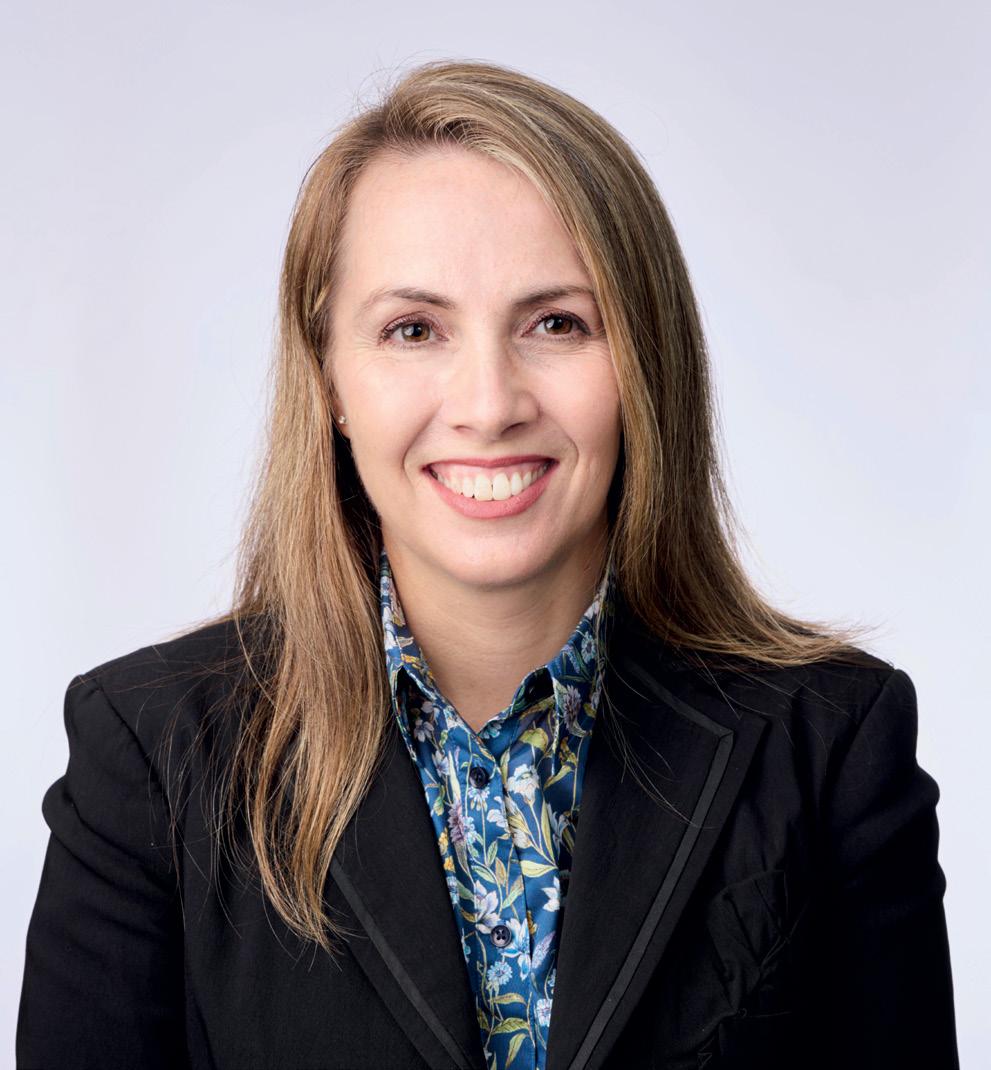
Senior Economist, Natural Resources, Water and Climate Change, Department of Primary Industries
Manager,
Senior Policy Officer, Environment Protection Authority, Victoria
Principal Advisor / Economist, Energy Demand and Efficiency Policy, Department of Environment, Land, Water and Planning
Principal,
is training the next generation of economists and researching how to achieve a climate-safe economy
This is a summary that gives future employers your reason for applying for the job or your big-picture career goals. And there are so many reasons to pursue a career in economics! Whether you are passionate about the environment, social justice, or just love crunching numbers, there’s a pathway out there for you.
Phone number
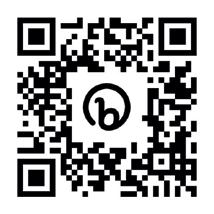
Address
There are many different study pathways that could land you a job in this field.
High school subjects
Choosing economics as an elective is a good move (but it’s not necessary for a career in economics if your school doesn’t offer it). Sticking with maths will give you a sound understanding of how to work with data and reason with mathematical principles that are crucial to economics. Economists also have to be good communicators, so English can be useful. And subjects like geography, modern history and science can give you a good understanding of the world around you –something that is very helpful for every economist.
Uni degrees
You could study a straight-up Bachelor of Economics at uni, or choose a different undergraduate degree depending on your other passions or interests and then upskill with postgraduate qualifications in economics afterwards. And don’t forget double degree options – combine your economics undergrad with another area such as mathematics, law or computer science for a broader set of skills.
Self-directed
Being a self-directed learner is valued by every employer. You could head to rba.gov.au/education/resources as a start for heaps of handy and free education resources on key economics concepts.
This is where you add a list of people who can vouch for you to your future employer!
Here are just some of the skills you’ll develop throughout your study and career journey in economics (and then add them to your real-life CV!)
✔ Critical thinking ✔ Problem-solving ✔ Data analysis ✔ Communication
Building up your network of mentors in this field will be super valuable for your career, and not just as referees – they can also help to guide you and send you opportunities and ideas to advance your career.
In this section you can add your relevant employment history – but don’t stress if you haven’t had much experience yet. You can also add extracurricular competitions and projects, volunteer work and internships to start building your economics experience while you’re studying.
Don’t forget to consider how your after-school job might also be teaching you economics concepts, whether it’s understanding supply and demand at your retail job, or even just budgeting your weekly earnings.